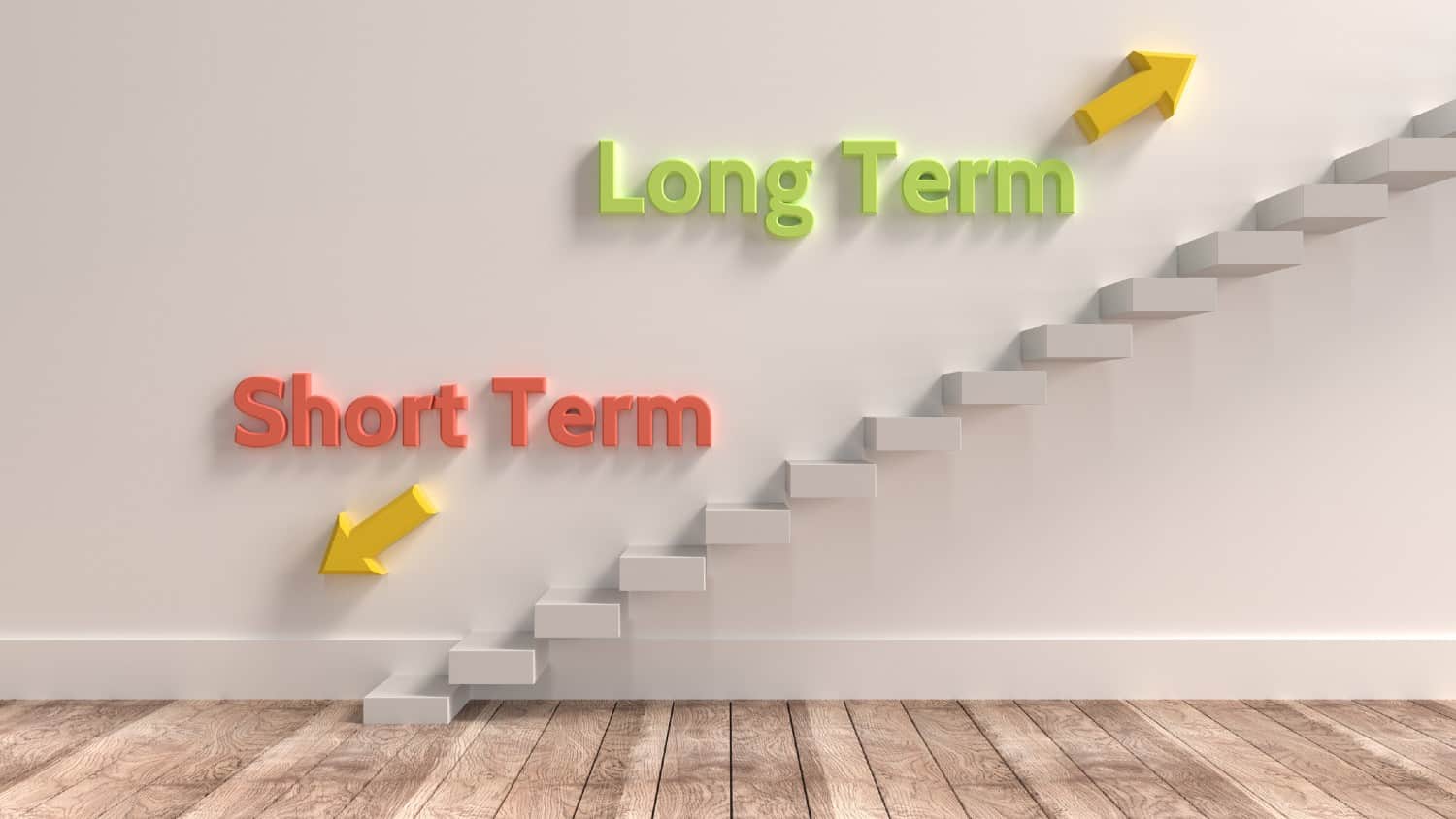Shares in FTSE 250 asset manager abrdn (LSE:ABDN) haven’t performed well over the past 12 months. In fact, over the past year we’ve seen abrdn shares fall by 20.7%. And over three years it’s down by 44.2%.
Only a handful of FTSE stocks have a dividend yield above 8%. So as someone who invests in a mixture of dividend-paying stocks and growth-oriented companies, this asset manager is always on my radar.
Under-appreciated?
Of course, there’s very little point investing in a stock that’s going to keep falling, considerably, even if it’s offering a juicy dividend yield.
So let’s start with the all-important price-to-earnings (P/E) ratio. Well, in 2022, the firm registered a profit of 10.5p per share, inferring a P/E of 16.
However, abrdn’s actually anticipated to report a loss of 6.62p per share in 2023. So we don’t have a P/E for the year just passed.
For clarity, here’s the company’s forecasted earnings along with P/E ratios based on the current share price.
| 2023 | 2024 | 2025 | |
| Earnings per share (p) | -6.62 | 4.93 | 7.26 |
| P/E | n.a. | 33.67 | 22.68 |
How does this compare to peers? Well, we’ve got Hargreaves Lansdown at 11.21 times earnings, St. James’s Place at 8.7 times, M&G at 15.7 (on a forward basis), and AJ Bell at 19.1 times. So abrdn doesn’t look overly good value versus peers.
However, discounted cash flow metrics suggest that abrdn could be undervalued by 14%, with fair value at 195p.
In short, the data is a little contradictory.
A sound business?
In its latest quarterly update, abrdn said that “market conditions have remained challenging for our mix of business,” adding that “high inflation and geopolitical uncertainty continued the trend to cash and de-risking of client portfolios“.
This accompanied a fairly poor set of results. A mighty £12.4bn was withdrawn from abrdn’s products during the six months to December. That’s was double the withdrawal made during the first half of the year.
In the update, the company said it would be axing 500 jobs as its recognised a significant shift in the traditional asset market business. Seemingly, this builds on its acquisition of DIY investment platform Interactive Investor (II) in 2022.
Personally, despite seemingly overpaying for II, I do like that abrdn’s now a more diversified business, tapping into long-term trends in self-managed investments.
Nevertheless, I feel its traditional asset management business could see further outflows unless the economy improves significantly. After all, with families up and down the country feeling the pinch, and UK assets underperforming for almost a decade now, it’s a hard sector to operate in.
The bottom line
As interest rates fall, and if the UK does indeed avoid recession, it seems inevitable that net outflows will fall, or stop entirely. As such, I do anticipate conditions and business will improve.
However, I’m not sure whether things will improve significantly enough to get me to invest. abrdn might just be a business that’s treading water. Of course, I hope to be proved wrong.
Moreover, if challenges persist, the dividend could certainly be in jeopardy. It may not be a cash cow for much longer.







